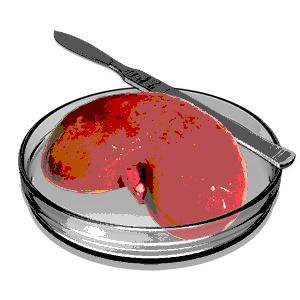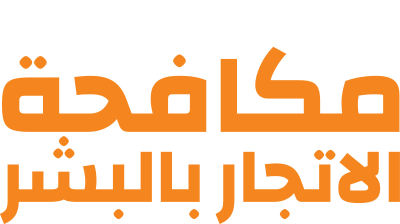Organ trafficking

Organ transplants save tens of thousands of lives a year. Receiving a kidney, liver or even a heart transplant brings relief from pain and disease. Many countries operate successful legal donation programmes involving family members or accident victims.
But the waiting lists for transplants are long. Patients can wait years for a suitable organ to become available. This has led to a particularly secretive form of human trafficking – the traffic in human organs.
Around the world, unscrupulous middlemen conduct a dangerous trade. They bribe, bully, blackmail, trick or coerce vulnerable people into donating an organ. They then sell on the organs to doctors, clinics and hospitals where patients are desperately waiting for a transplant.
Illegal trade
Because organs must be transplanted quickly after they are removed, victims are often trafficked to the country where the transplant operation is to take place.
Hard facts about this highly illegal trade are difficult to come by, but the World Health Organisation estimates that of the 120,000 transplants carried out globally each year, up to 10% probably involve organ trafficking. That’s more than 10,000 victims a year.
Organ traffickers are often connected with organised crime gangs. But it’s an unusual form of trafficking because it also involves people who otherwise operate within the law: doctors, surgeons, nurses, ambulance drivers, hospital and clinic managers.
Health problems
The traffickers prey on people who are desperate for money. They often recruit donors by promising them thousands of dollars – a huge sum for people weighed down by poverty or debt. But the terrible truth is that very often the donors receive little or nothing of the money they are promised. And all too often they are left with serious health problems after an organ or part of an organ is removed in dangerous conditions.
According to one study, 94% of people who sell an organ for money regret their decision.
And even if victims are paid, it’s only a fraction of what the traffickers will make from the organ that has been taken from them – for example, a kidney is worth at least $70,000 on the black market.
No consent possible
Some victims are forced into donating an organ by threats and coercion. Some are already victims of sexual trafficking or forced labour. They may be told that this is a way they can clear the debts that the traffickers have already loaded them down with.
It is legally impossible for anyone to give their consent to an organ donation when that consent has been obtained through improper means. That includes threats or the use of force or other forms of coercion, abduction, fraud, deception, abuse of power or abusing a vulnerable person.







